Sarcoma is the general term for a broad group of cancers that begin in the bones and in the soft tissues. Bone sarcomas are rare tumors, approximating 0.2% of all cancers. The common subtypes identified in India include Ewing sarcoma and synovial sarcoma. Soft tissue sarcoma forms in the tissues that connect, support, and surround other body structures. This includes muscle, fat, blood vessels, nerves, tendons, and the lining of the joints. It has an average 2.1% frequency rate in males and 1.2% in females. Treatment for sarcoma varies depending on sarcoma type, location, and other factors. As Sarcoma Awareness Day is observed every year on July 21st, we, at Medicircle, are conducting an exclusive series to raise awareness about this rare medical condition.
Dr. Prem Ravi Varma is a Medical Oncologist at Cochin Cancer Research Center. Dr. Prem was the first Medical Oncologist to have worked in Calicut and is currently managing the Haematological malignancies and Sarcoma Unit at the Cochin Cancer Research Centre, Ernakulam. His major research interests lie in understanding resistance mechanisms to chemotherapy and novel targeted therapies. He has been an active member of the Cancer Control Program of the Ministry of Health, Kingdom of Bahrain, previously. He is a member of the European Society of Medical Oncology and the American Society of Clinical Oncology.
Sarcoma is a rare cancer
Dr. Prem Verma says, “Sarcoma is a rare disease and because of this, it is a complicated issue while managing sarcomas. It becomes a very complicated issue while managing sarcomas. The most common ones, as we mentioned, are soft tissue sarcomas. And the most common of the soft tissue sarcomas is tissue sarcoma, which arises from fact. It is quite common. We can say the cause of sarcomas are usually following radiation, especially for breast cancer, and then for cervical cancers, ovarian cancers, all of them, following treatment have the highest susceptibility of getting sarcomas. So these sarcomas are so high brought on by genetic modifications which include translocations, amplification of genes. And because of its rarity, there are no signs and symptoms associated with the disease.”
An example of the Patient who was detected with sarcoma
Dr. Prem Verma says, “A small example of cancer, I had a patient with a 48-year-old lady who came with intermittent bleeding, which was quite difficult. And she was evaluated and was found to have something called fibroids or myoma. But despite that, she was having problems with further bleeding. And so surgery was planned. And what was taken out by just it looked benign, benign in the sense, not a cancerous tumor. After around three years, the uterus itself was removed due to uncontrolled bleeding. And this particular tumor was found to be a sarcoma. And there is no she had any other symptoms like hypertension, diabetes. And we don't even have blood tests to diagnose sarcoma. After some lady would come with metastasis to different parts and metastasis means spread to different parts of the body. So, that is the problem we face with sarcomas. They look benign, but then they grow fast. So unless we keep on watching the particular lesion, a lesion in the sense of that particular swelling, we will not be able to diagnose sarcoma, it's very difficult.”
Sarcoma treatment needs special attention
Dr. Prem Verma informs, “We need a very sophisticated diagnostic armamentarium to actually diagnose sarcoma as a particular type. And there are even Investigations from one pathology lab to the other, and there are some sensitive to treatment, some of which are resistant to treatment. So we need to differentiate between the two. And so this is where we stand with sarcomas. We can treat it, but we need to get a hold of what it is. There are 70 different types of sarcoma. And unless we know what it is, we will not be able to deal with it. And we do have a cure for sarcoma.”
Sarcoma can be cured in spite of being difficult
Dr. Prem Verma states, “It is definitely a difficult disease. But my message would be mainly to the stakeholders and sarcoma cancer care because in Europe and in the USA, they have sarcoma cancer-specific centers, or, sarcoma, excellent centers where you can get the best treatment for sarcoma. And to be very precise, Brazil is the only country in the world where they have the best sarcoma treatment. And if you need to get good online treatment, there should be sarcoma surveillance networks, and it should be appropriate to refer to these programs and medical professionals should be more trained to detect sarcoma even to suspect that it is a sarcoma.
Without these things, we will not be able to diagnose sarcoma. So even if a patient had sarcoma, they can battle the disease by, you know, getting appropriate treatment at the appropriate time. And even if a doctor gives, it's not right to give time as to when to tell what time they will be giving, because that is not in the doctor's hands. The patient can always know, the patient should have a good lifestyle because lifestyle management is a cornerstone to sarcoma management.”
(Edited by Dr.Rati Parwani )
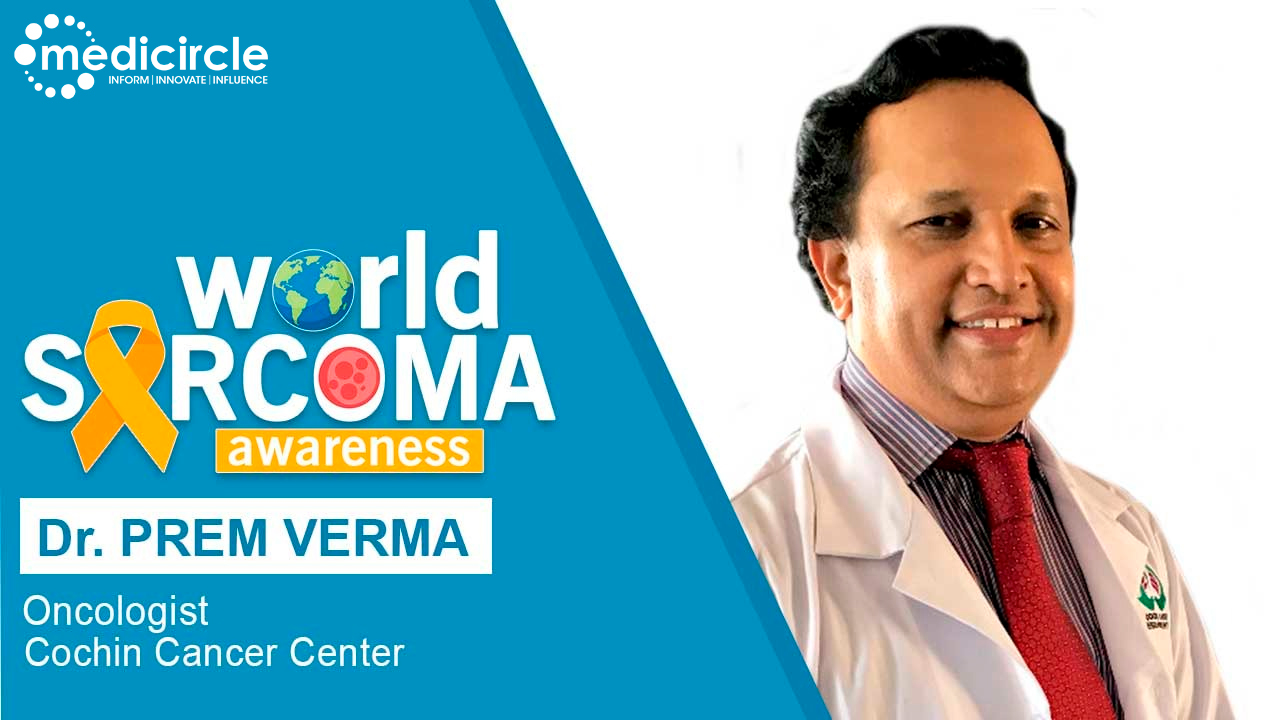
 Dr. Prem Verma with his professional expertise provides us with significant inputs on the sarcoma treatment which needs special attention in the initial stages to be followed by the correct line of treatment
Dr. Prem Verma with his professional expertise provides us with significant inputs on the sarcoma treatment which needs special attention in the initial stages to be followed by the correct line of treatment








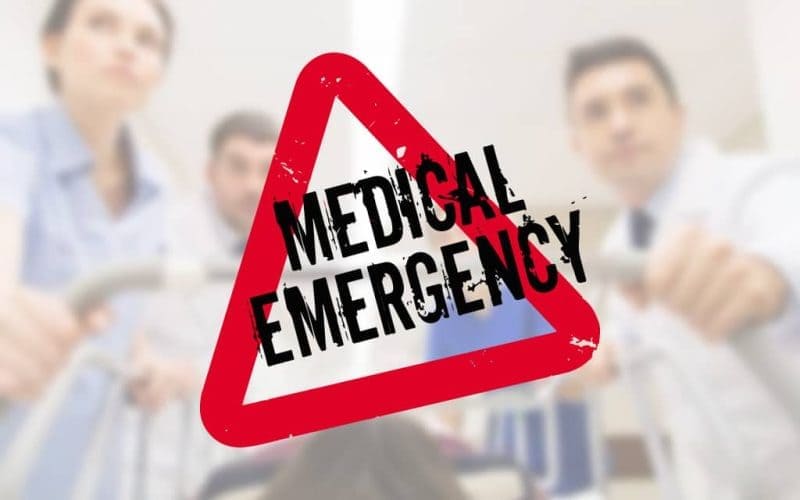
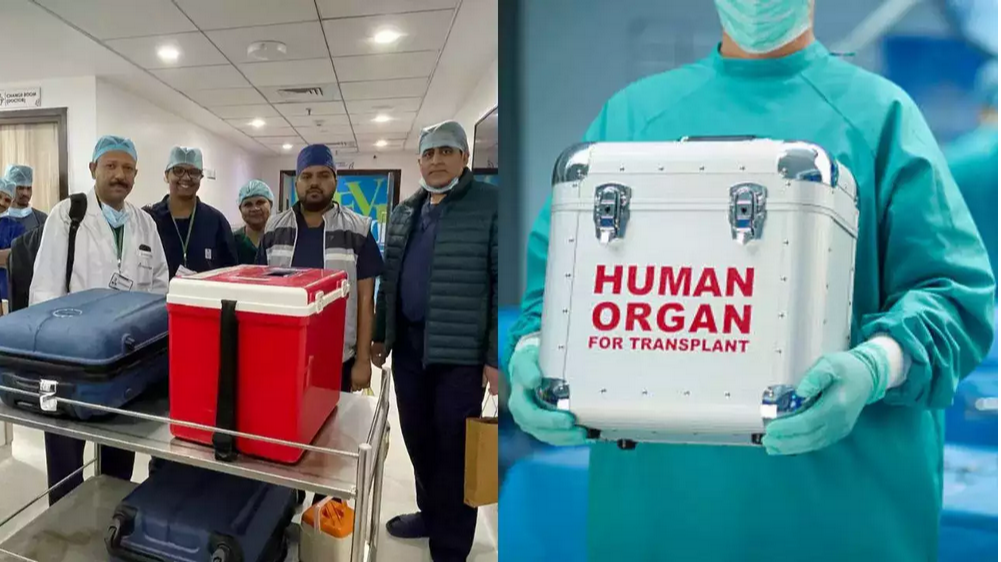
.png)
.jpg)
.jpg)
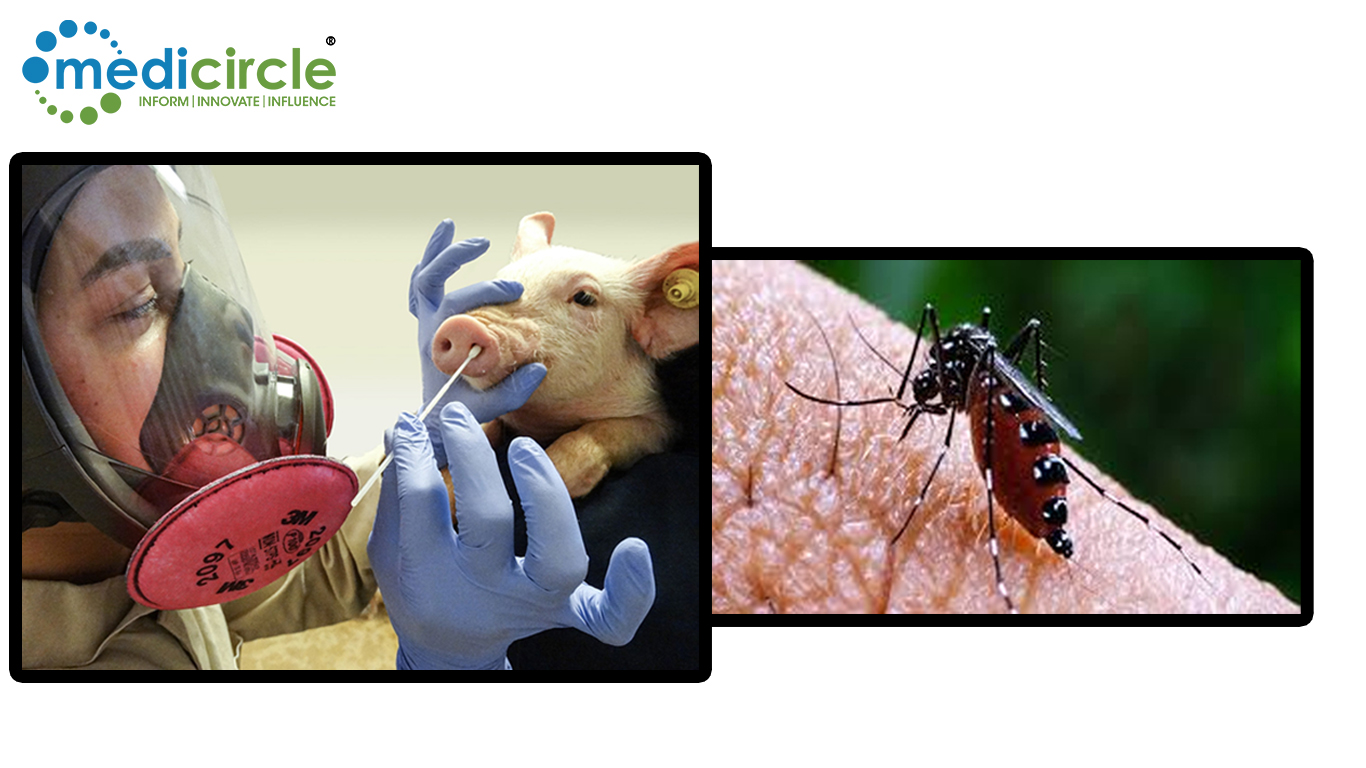
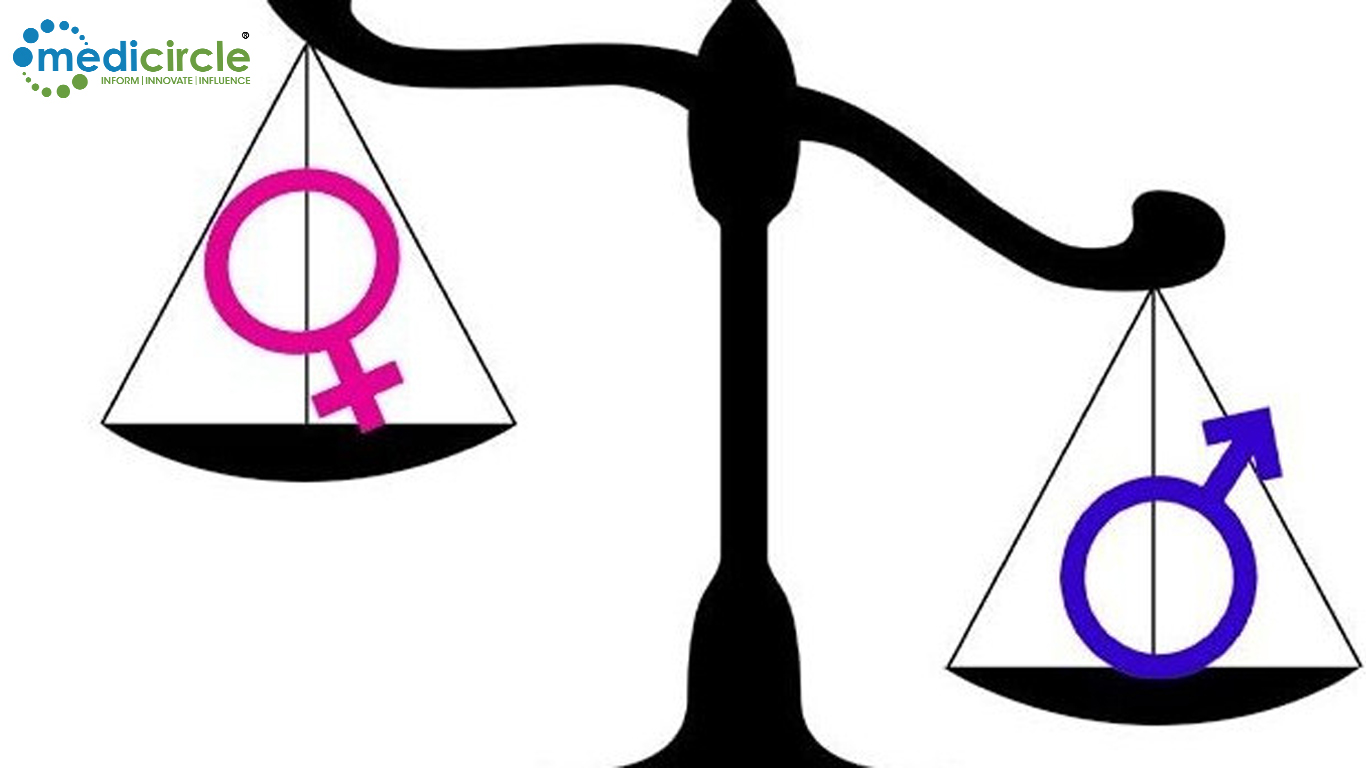





.jpeg)


.jpeg)



.jpeg)
.jpeg)






.jpeg)





